Our Primary Partnership Program
In partnership with the area’s private primary schools, Action in Africa (AIA) supports a well-rounded education for hundreds of 6- to 12-year-olds. During the school term, primary students attend creative learning sessions, each designed from a combination of the national curriculum syllabus and the theatre arts, at The AIA Center. This program also includes a vital nutrition intervention program where students are provided with a hot breakfast at the start of the school day and teacher training tailored to improve the effectiveness of teachers in the community. This foundational program is intended to lay the groundwork for success in and out of the classroom.
Mrs. Phionah Atukunda Mbowa is the headteacher of Little Kings Children’s Centre a pre-primary and primary school in Nakuwadde. Ms Naava Ritah is a primary school teacher at Vision Foundation School, also in Nakuwadde. Both these ladies are Action in Africa partners. They are some of the members of the Nakuwadde community who are working with us to ensure that children in Uganda attain their full potential through education. Action in Africa’s Primary Partnership Program collaborates with Mrs. Phionah’s, Ms. Ritah’s, and other primary schools in the community.
Mrs. Phionah is of the view that one of the most important consequences of education should be to produce a holistic student, one that would be able to thrive in various fields and has had an opportunity to explore various skills. This she says is not the general conception that many parents have, most of them are very academic results-oriented which, in her opinion, is no longer as relevant as it was a few years ago. Teacher Ritah’s view of the goal of education is similar, she wants her students to be disciplined, confident and self-reliant.
The teachers aspire to teach through creative classes. This applies especially to how the students are taught, but the revelation from teacher Ritah is that this is not in fact what they are trained to do in their teacher training schools. This is part of the reason why Action in Africa opens its doors every Saturday afternoon to teachers from the community to teach them how to have more engaging and creative classes. The student-to-teacher ratio in Uganda is 40 students per teacher, so to effectively affect the quality of education children in Nakuwadde receive, Action in Africa offers the teachers refresher training.
But because it takes a long time to effectively retrain people, children from our partner schools come to the Action in Africa Center daily for a creative learning class where they learn the same things they are taught in school, but through play, musing and other activities like quizzes and debate. This change of environment and method of teaching was referred to by Mrs Phiona as an effective way of teaching her students; it helps them build their confidence and the change of environment from the typical classroom setting helps them understand better.
The Primary Partnership Program also has a nutrition component because food costs usually affect the cost of education in Uganda. Usually when food prices rise, schools also increase their school fees in order to continue providing food for the students. Mrs Phiona was not shy to mention that before the Action in Africa partnership, she had intentions of increasing the school fees at her school. However, with the logistical support of Action in Africa through the Porridge Program, she reconsidered that decision and maintained the cost. This gave great joy to the parents of her students because it meant that they could continue to afford their children’s school fees.
Our partner schools and community teachers do an amazing job in providing education for primary school children in Nakuwadde. Without them, many of the kids in our community would find great difficulty growing up and thriving and contributing to the development of their nation. We are proud to work with such dedicated individuals who welcome our programs and go as far as institutionalizing them within their schools.


